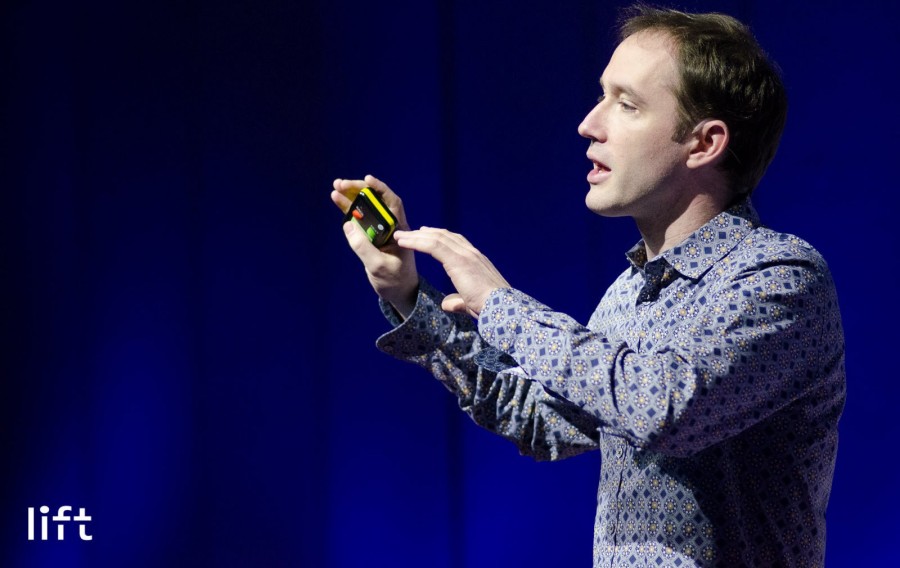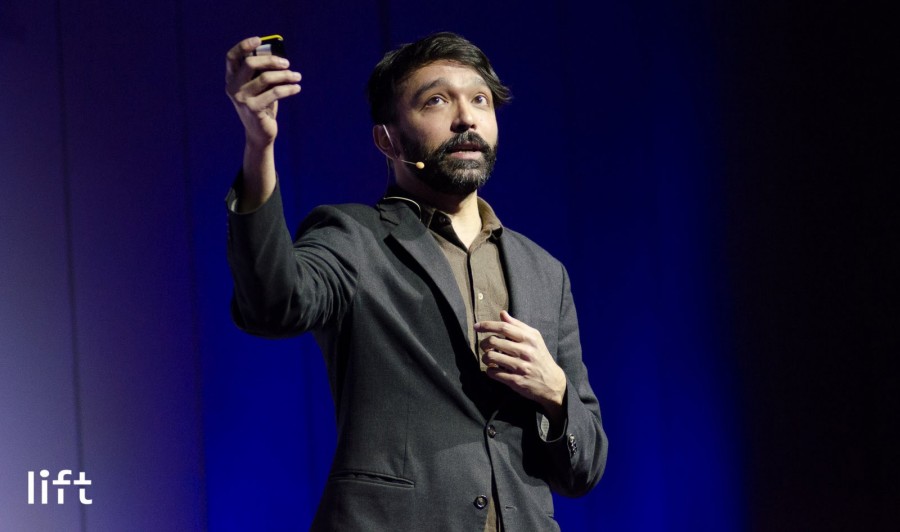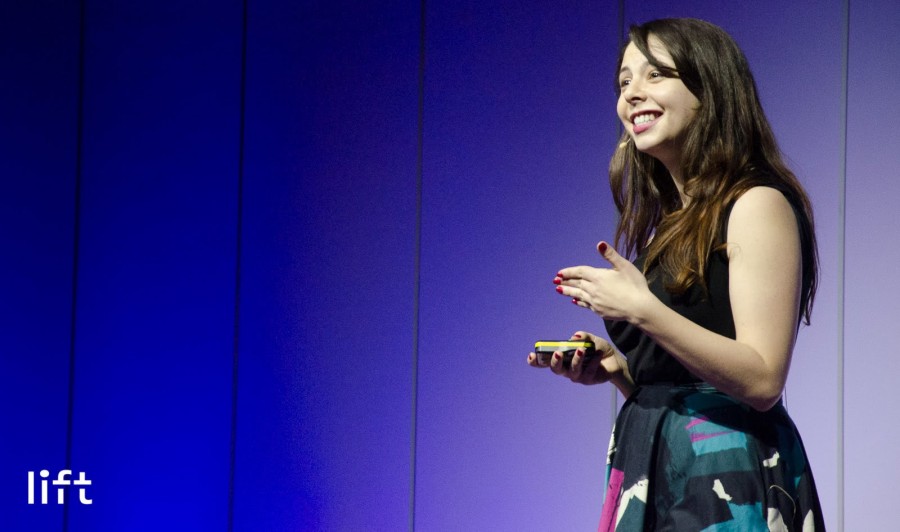I came into doing work in an antidisciplinary space more or less by accident. Back when I was applying to university, the schools would send out these books talking about the different programs they offered and what each program was like. And for some reason I never read any of those books. I just applied to engineering school because I thought, “Oh, you know I like to make things, and engineering school’s where you make things.”
Enter the Anti-Disciplinary Space

Challenging the Audience to Work in Anti-Disciplinary Spaces
presented by James Patten

The Art of Discovery, As Seen by a Physicist
presented by Subodh Patil
The scientific method was perfected in the crucible of natural science, and physics in particular. And an old professor of mine once told me that a good theoretical physicist is intrinsically a lazy person. And so these heuristics of ignoring superfluous detail, simplifying the problem to its barest essentials, maybe even making a caricature out of it, solving that simpler problem. If you can’t solve that simpler problem, solve an even simpler problem. This actually works in physics. Because the universe is intrinsically a lazy place.

Making/Meaning in the Realm of Anti-Disciplinarity
presented by Sarah Brin
What does it mean to be antidisciplinary? To me, it means struggle. Sometimes, working in interdisciplinary fields, I felt like I’ve maybe tried really hard working and working and working on a project, and I wasn’t seeing any difference. Sometimes people would look at me and be like, “What are you even doing?” So, to me antidisciplinarity means not only not working in one specific field, but rather instead drawing from elsewhere to imagine something new.
